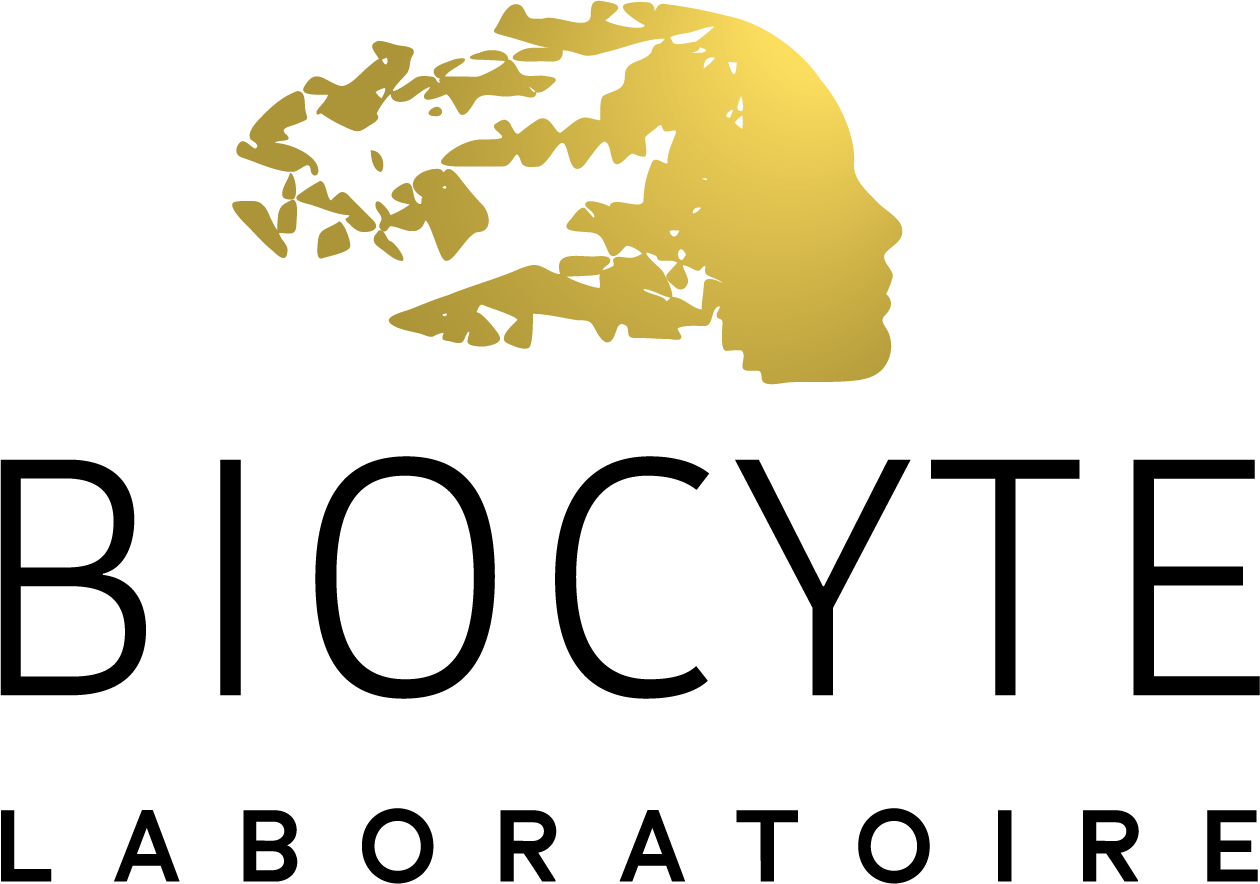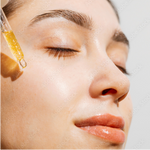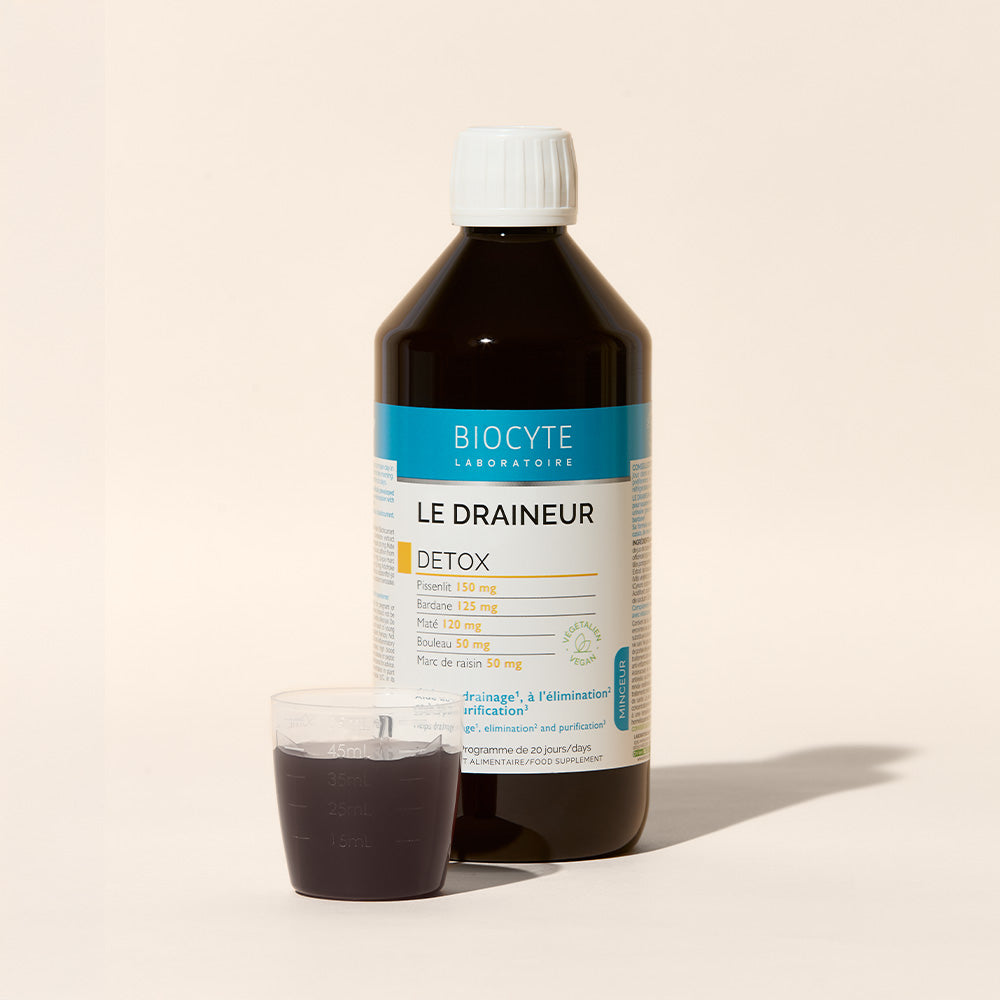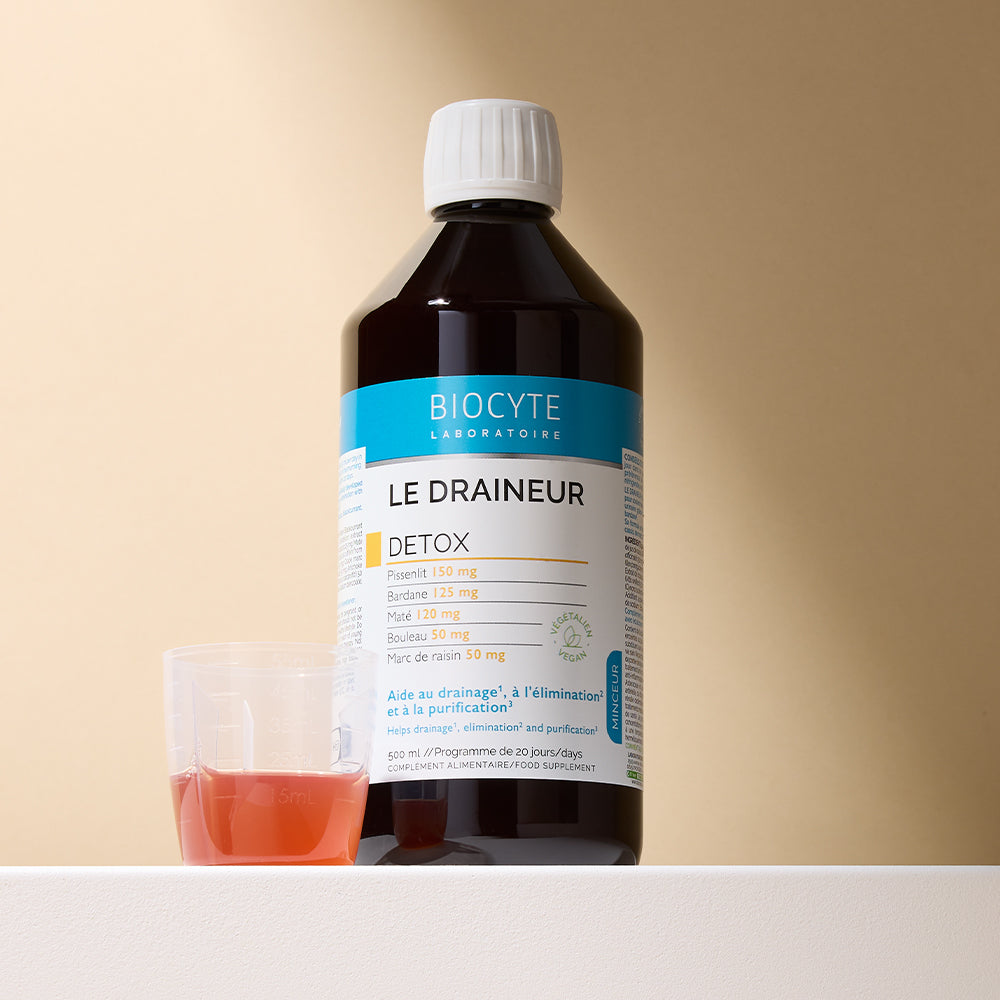A detox program isn't always easy to manage. To help you, we've compiled a concise guide covering various aspects of detoxifying your body, providing our readers with valuable information and practical advice.
What is body detoxification and why is it important for our health?
Body detoxification, also known as detoxification, is the process by which our body eliminates accumulated toxins. Toxins are harmful substances that can come from our environment, diet, chemicals, medications, stress, and more. Detoxification aims to support the body's elimination organs, such as the liver, kidneys, lungs, skin, and intestines, in eliminating these unwanted substances.
Detoxification is important for our health because it helps maintain optimal internal balance. Continuous exposure to toxins can lead to toxic overload in our bodies, which can disrupt the normal functioning of our organs and systems. This can manifest itself in various symptoms such as fatigue, digestive problems, sleep disturbances, skin problems, joint pain, allergies, and more.
It's worth noting that detoxification isn't just a one-time treatment, but can be integrated into a long-term healthy lifestyle. By adopting good eating habits, avoiding toxins as much as possible, and adopting regular wellness practices, we can continually support our body in its natural detoxification process.
What are the signs that our body needs detoxification?
Here are some common signs that might indicate your body needs a detox:
1. Persistent fatigue: If you regularly feel exhausted and low on energy, it could be a sign that your body is fighting a toxic load.
2.Digestive problems: Problems such as bloating, gas, constipation, diarrhea, or acid reflux may indicate an imbalance in your digestive system, which may be linked to a buildup of toxins.
3. Dull Skin or Skin Problems: Dull, dry, acne-prone, breakout-prone, or itchy skin can be a sign that your body is having difficulty eliminating toxins through the skin.
4. Increased food sensitivities or allergies: If you develop unexplained food intolerances or allergies, it may indicate that your immune system is weakened and your body needs detoxification to restore balance.
5. Sleep disturbances: Problems with unrestful sleep or frequent awakenings may be linked to a buildup of toxins that disrupt the normal functioning of the nervous system.
6. Mood swings and emotional imbalances: Excessive toxic load can affect the functioning of the nervous system and lead to mood swings, irritability, anxiety
7. Difficulty concentrating and mental clarity: Toxins can also affect brain function, leading to difficulty concentrating, decreased mental clarity, and a feeling of mental fogginess.
What are the main toxins present in our environment and how do they affect our health?
1. Here are some of the main toxins we are often exposed to and how they can affect our health:
2. Air pollutants: Air pollutants such as fine particles, nitrogen oxides, vehicle exhaust and industrial emissions can be inhaled and enter our respiratory system.
3. Heavy metals: Heavy metals such as lead, mercury, cadmium, and arsenic are found in the environment, including contaminated water, soil, and some foods.
4. Chemicals in Household Products: Many household cleaning products, cosmetics, personal care products, and pesticides contain toxic chemicals such as phthalates, parabens, perfluorinated compounds, triclosans, polycyclic aromatic hydrocarbons (PAHs), and bisphenols.
5. Pesticide residues: Pesticide residues present in fruits, vegetables and other agricultural products can be ingested when we consume them.
6. Chemicals in building materials: Some building materials, such as paints, flooring, furniture, and insulation, may contain volatile organic compounds (VOCs) that can be released into indoor air. Inhaling these VOCs can cause respiratory problems, headaches, eye irritation, and allergy symptoms.
What are the benefits of using dietary supplements to support body detoxification?
• Provide essential nutrients: Somedetox food supplements are formulated with specific nutrients such as vitamins, minerals, antioxidants and amino acids, which are necessary for the proper functioning of the body's detoxification organs.
• Strengthen detoxification organs: Some dietary supplements are designed to support key organs involved in detoxification, such as the liver, kidneys and intestines, by promoting their optimal functioning.
• Boost toxin elimination: Some supplements may help increase the elimination of toxins from the body by promoting bile production, improving kidney function, promoting intestinal health, or increasing sweating.
• Support the immune system: Certain dietary supplements can help strengthen the immune system, which is essential for effective detoxification, as a strong immune system can better eliminate toxins and support the overall health of the body.
• Provide antioxidant support: Some dietary supplements are rich in antioxidants, which help neutralize free radicals and reduce oxidative damage caused by toxins in the body.
What foods are recommended and what foods should be avoided during a detox?
Here is a list of foods recommended during a detox, as well as those to avoid:
• Recommended foods for a detox cure:
1. Fresh fruits: Apples, berries, citrus fruits, watermelon, pineapple, etc. They are rich in antioxidants, fiber and vitamins.
2. Vegetables: Broccoli, kale, spinach, carrots, celery, cucumber, beets, etc. Opt for leafy greens and colorful vegetables for a wide variety of nutrients.
3. High-fiber foods: Legumes (lentils, beans, chickpeas), whole grains (quinoa, oats, brown rice), nuts, and seeds are excellent sources of fiber to support digestion and the elimination of toxins.
4. Foods rich in antioxidants: Berries, green leafy vegetables, citrus fruits, nuts and seeds, and green tea are rich in antioxidants that help protect cells from oxidative damage.
5. Foods rich in vitamins and minerals: Green vegetables, fruits, legumes, seeds, nuts, seaweed, and fresh herbs are excellent sources of essential vitamins and minerals to support detoxification.
6. Foods rich in omega-3 fatty acids: Oily fish (salmon, sardines), flax seeds, walnuts, avocados, and extra virgin olive oil are rich in omega-3 fatty acids, which have anti-inflammatory properties.
• Foods to avoid during a detox treatment:
1. Processed Foods: Avoid processed foods, fried foods, baked goods, and fast foods that are high in additives, saturated fat, and added sugars.
2. Refined Sugars: Limit your intake of refined sugar, high fructose corn syrup, sugary drinks, and sugary desserts.
3. Refined Grains: Avoid refined grains such as white bread, white pasta, and white rice. Instead, opt for whole-grain versions such as whole-wheat bread, whole-wheat pasta, and brown rice.
4. Foods high in saturated fat: Reduce your intake of foods high in saturated fat such as red meat, full-fat dairy products, and fried foods.
5. Excess caffeine and alcohol: Limit your caffeine and alcohol intake, as they can put an extra strain on your detoxification organs.
6. Food Additives and Artificial Sweeteners: Avoid foods containing artificial food additives, artificial colors, artificial sweeteners, and preservatives.
7. It is important to note that these recommendations may vary depending on individual needs and the duration of the detox. We hope these expert tips will help you achieve a successful detox. Please feel free to share your comments with us.
At Biocyte, we're committed to taking care of your health, which is why we've developed dietary supplements to support your detoxification. We've chosen targeted ingredients, such as fennel, artichoke, and milk thistle, to promote the body's detoxification.








